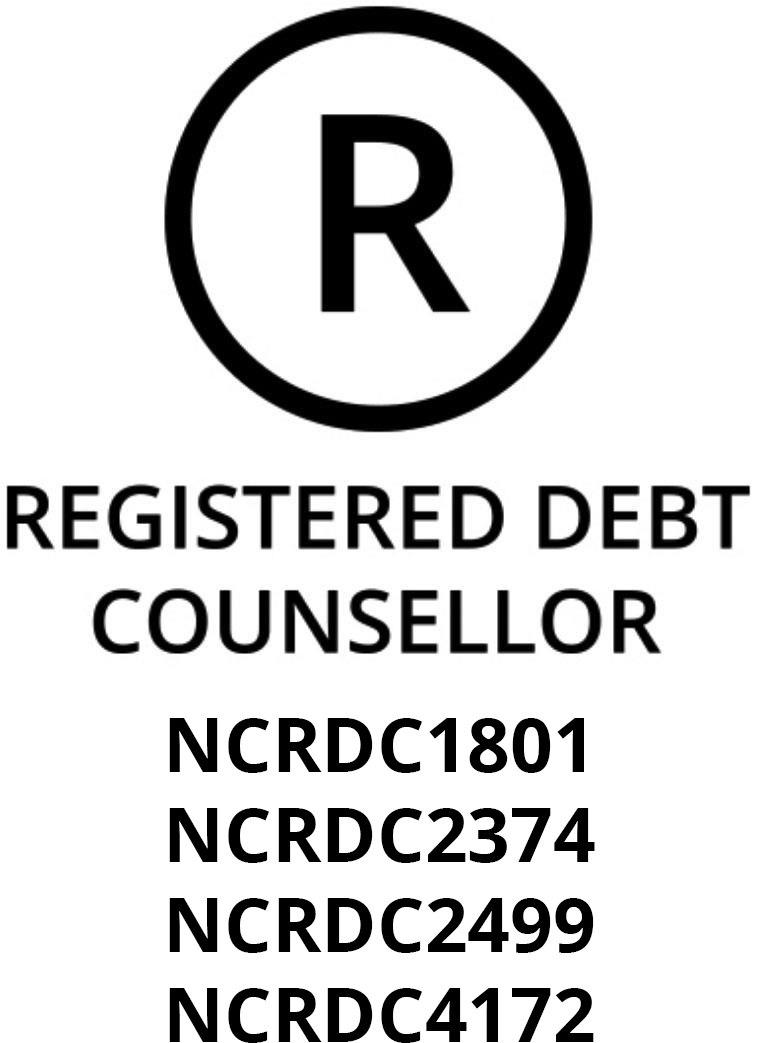What is asset repossession?
It happens all too often that people take out loans or credit and are unable to repay it. With those unfortunate circumstances, can come the repossession of the assets that you have bought.
Repossession is the final stage of legal action and is most commonly seen with assets accounts (house, vehicle or furniture). It happens after the credit provider or company has sought you out and tried to retrieve payment from you several times.
Essentially, they will be taking back the asset that you “bought” from them.
When does repossession happen?
If there has been a deviation from the credit agreement, credit providers have the right to proceed with legal action to allow them to recuperate the outstanding debt. Usually, they will make contact with you first and try to get you to make payments. However, if they are unsuccessful - they may take action for repossession.
This often happens with cars and houses.
What legal steps must be taken before repossession?
Before your assets can be repossessed, there are a few things that must happen. It is good for you to be aware of these steps so that you can ensure everything is legal, should this ever happen to you.
-
Section A 129: Letter of demand
The National Credit Act states that a credit provider must formally warn you before they take any action against you.
This formal warning usually comes in the form of a letter of demand. In this letter, they should suggest that you seek financial guidance or consider debt counselling.
You will have 10 days to respond to this notice.
-
The debtor is served a summons
If you do not respond to the above in the required time frame, then you will receive a summons to appear in the magistrates court to resolve the matter.
-
Court judgement for repossession is granted
When you get to the court, on the set date, the judge will come to a verdict. It is likely that you will receive a judgement against you.
When all the above steps have been taken a sheriff with a warrant can confiscate the goods. They will be stored to allow some time to pay the amount due.
What should you do if someone appears at your house or work threatening asset repossession?
Here are some tips to deal with this difficult situation.
Do not sign anything:
Documentation given to you by repo men may be a Voluntary Surrender form. By signing this, you are essentially giving the repo man the permission to take your asset.
To legally proceed with repossession, the repo man needs to present a warrant of upliftment/attachment issued by the sheriff. This means the credit provider needs to have followed the correct legal process and obtained approval from the court to continue with repossession.
Need debt counselling or consolidation?
Explore DebtBusters' solutions for reducing your interest rates and unlocking cash.
Find out moreHere’s what you should do instead:
If you’re under debt counselling, you should contact your debt counsellor immediately to have them straighten everything out. Your assets are not allowed to be repossessed if you are undergoing the debt counselling process. Your debt counsellor will investigate the reason for asset repossession and thus confirm whether the action being taken is valid. They will then try to negotiate with the credit provider to halt the legal action.
If you are not under debt counselling, you should seek legal advice.
Obtain the repo man’s details:
This information will greatly assist your Debt counsellor in resolving the matter as being able to contact the repo man directly will ensure we get a faster response and can negotiate with the right person.
What happens to the asset once it has been repossessed?
Repossession is the final tactic used and involves taking back then selling the asset on auction in order to obtain funds to thus reduce the outstanding debt owed.
Please note if the sale of the asset does not settle the outstanding debt you are still liable to pay the shortfall.
How does DebtBusters handle a repossession matter?
Each case brought to our attention is handled individually by specialised consultants.
The matter is investigated to establish exactly what has occurred with the account, and whether the repossession is valid.
Contacting the credit provider on your behalf
We then contact the credit provider to establish whether they are willing to renegotiate, in order to prevent the asset from being taken from you.
We will communicate feedback with the client at each stage and advise what is required.
The requirements may differ depending on the case, but most commonly the credit providers require payment toward the arrears or an increased instalment.
Avoid your assets being repossessed
If you know you’re struggling financially and you’re worried your assets may get repossessed, it may be time to consider what debt solutions are out there.
Debt Counselling is a great option that makes it easier to may off your debts, frees up cash flow, and protects you from asset repossession.
Call DebtBusters on 086 999 0606 or email info@debtbusters.co.za for more information.
Speak to a DebtBusters financial consultant for a free credit health assessment — don’t lose your home or your car!
Let us call you back
Fill out our form below to get a free call-back from one of our consultants to discuss your debt situation.
Jump to form




